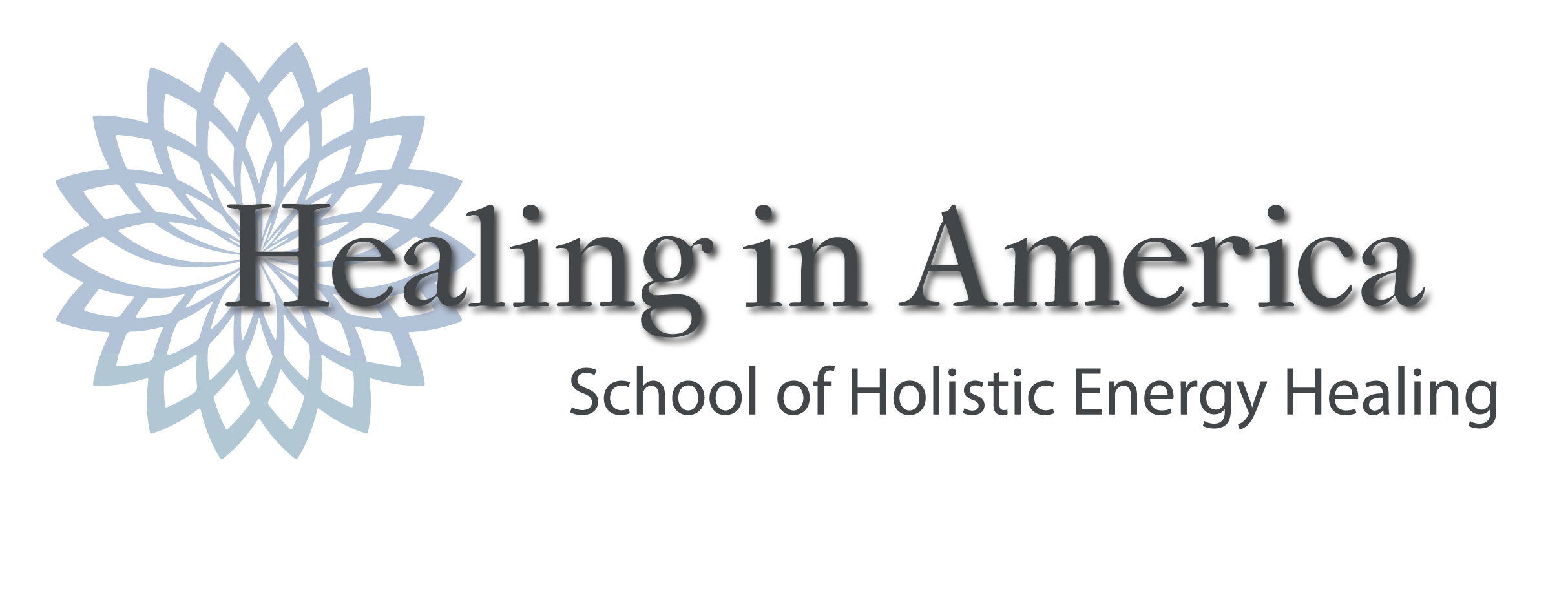Moral Emotion
Moral Emotion
A definition of Guilt is “Guilt is a moral emotion that occurs when a person believes or realizes—accurately or not—that they have compromised their own standards of conduct or have violated universal moral standards and bear significant responsibility for that violation. Guilt is closely related to the concept of remorse, regret, as well as shame”
Often we are so stuck into thinking that everything is our fault, that we don’t even realize the extent to which we are affecting ourselves mentally. In order for you to get yourself out of the rut, knowing what is causing this is important.
When it comes to defining guilt, it needs to be disentangled from another similar emotional experience: shame.
According to a 2014 review of neurobiology in the brain, the common way of distinguishing these two emotions is through their social ties: "While the feeling of shame implicates the presence of other people, guilt can arise and persist without others."
Guilt, in other words, can be a private emotion about transgressing or doing something wrong, while shame is about our concern about the opinions and disapproval of others when we've done something wrong.
Guilt is also a hugely powerful emotion, one that we actually feel physically; Princeton scientists found in 2013 that we do genuinely feel "heavy" with the weight of our deeds when we're experiencing guilt.
So why on earth does guilt exist?
One theory on the evolution of guilt is that it may have developed because of our tendency to live in socially connected, mutually supportive groups.
A lot of human behaviors are traced back by evolutionary scientists to our social past; to survive as a species, we've often had to band together, and anything that helped that cooperation may have provided an evolutionary advantage.
So what good does guilt do in group situations? The famous American psychotherapist Peter Breggin explained the theory of social cooperation and guilt in 2015:
"The existence of violent impulses would have made it difficult or impossible for humans to live in close-knit families and clans without destroying each other. Nature's answer was the development of guilt, shame and anxiety—internal emotional inhibitions or restraints specifically against aggressive self-assertion within the family and other close relationships."
The idea is that humans are innately prone to clashing, particularly when they're living in close quarters. If we feel guilty whenever we fight or betray one another, we're less likely to keep doing it, meaning that the social infrastructure stays intact instead of gradually fracturing with a lot of infighting.
Human social groups, like all social collectives, have to have reciprocity, where you trust that other people will help you when you help them; guilt, according to this theory, makes us feel bad when we violate reciprocity and makes it more likely that we won't screw others over.
It's a way of thinking that was raised by both Freud and Darwin, and has been bolstered by various scientific discoveries.
One is that crying — a behavior that appears to have evolved to bond social groups together through sympathy and vulnerability — appears to inspire guilt in others. From this perspective, it's evolved as part of a pantheon of emotional responses that are designed to keep us together when risky or problematic situations threaten to tear the group apart.
Another is the recent discovery that guilt and cooperation are highly linked in the brain; when we're tempted to do something that would make us betray or hurt others, our sense of bonding and loyalty to others kicks in.
It's not just about wanting not to hurt others, either; it's a "fear of the loss of support," in the words of one emotional science expert.
So, some thoughts for you to think about – and whilst it is unlikely, we are unable to go through life without guilty feelings at some time or another, don’t carry them around for the rest of your life.
It can be an overwhelming burden.
With Love & Light,
Roger
“No one can dim the light that shines within”

